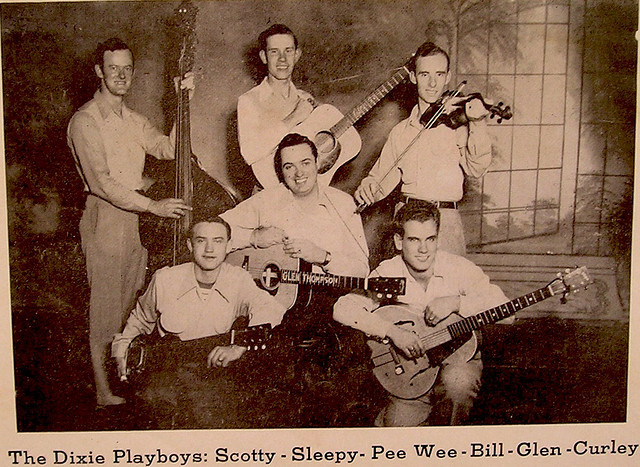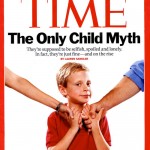Mixed Signals is Erin Straza’s weekly musing about marketing miscellany in advertising, branding, and messaging.
When it comes to coffee, I’m merely a dabbler. I have it a few times a week, either at home or out. For me, coffee in any form offers a bit of soothing. It think it’s the aroma and the chocolate (I’m a mocha drinker).
It was road trip fortification that took me to Starbucks this week. After ordering my summer favorite (nonfat iced mocha), the barista asked if I wanted my “Treat Receipt.” I thought that sounded great, but I didn’t know what that was, so I asked. I was told that if I returned that afternoon after 2 p.m. and showed my morning receipt, I would get any drink for just $2 plus tax.
Hence, it’s a treat receipt.
What a great concept! Starbucks is encouraging repeat business with a bit of a discount and a catchy name. I’m sure it’s a huge marketing success.
As a customer, I love it (although this is the sort of thing I always forget to take advantage of). From a Christian standpoint, however, I did scoff a bit. By labeling my second Starbucks drink of the day a treat, what does that make my first—a necessity? It reminded me how easy it is to live from one soothing drink to the next.
Reality is most of products we buy are not crucial to our survival. Companies want customers to choose its product over all the other nonessential products available. To encourage that choice, companies try to shift the perception for its product from treat to necessity. Then customers adopt that product into regular usage.
I’d say Starbucks has achieved this. In our society, grabbing coffee and spending a few bucks on every drink is accepted and routine. I’m not about to boycott coffee or the big-bad coffee shop just because they’ve done a good job communicating to their customers in a way that builds loyalty and repeat business. But it would be wise for us to be aware of the tactics being used to shift our perceptions of necessities and treats . . . for history shows that today’s treat will become tomorrow’s necessity.











